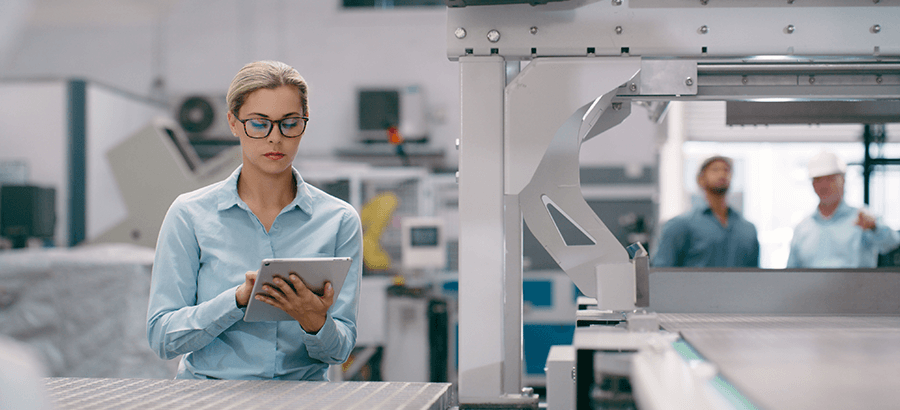Say the word ‘sustainability’ and you may get a few yawns and a couple of questioning “huhs?” In my experience, it does not get the conversation going or even the creative juices flowing. But saying the word “pooh” will most certainly get a reaction and everybody has a bodily function story.
I guess bodily functions are an everyday occurrence, while sustainability is a word or a practice that, in some cases, has been forced onto your business through legislation (e.g. Global Reporting Initiative’s G4 Sustainability Reporting Guidelines), or used to improve a business’s reputation. For those of you who did go “Huh?” Sustainability is about using what we currently need to live, without jeopardising the potential for people in the future to meet their needs. If something is sustainable, it should be able to continue indefinitely.
So why dirty the topic with reference to “pooh”. Bill Gates, that’s why! In a recent blog he spoke about the Omniprocessor. This system converts feces into drinkable water. The plant, which processes waste in a community of 100,000 people, creates enough energy from the fecal matter it incinerates to run the unit. It even makes enough energy to feed it back to the grid. In addition to that, ash is a by-product of the process, which can be used as a soil amendment. Nearly every output of their process is recycled.
The Omniprocessor won the challenge (funded by Gates) to design a waste treatment plant that can be used in communities with poor sanitation. So essentially, the communities “output” will lead to better drinking water and renewable energy. If this system can be installed successfully in the real world, it is truly brilliant and sustainable.
Another example of excrement used for sustainable business, can be seen in Nicaragua. In this case, bacteria produced by dung is being used to purify water on coffee farms. Ok, so it is a much more complex process than my sentence suggests, but you get the gist.
My goal this year is to create a ‘Sustainability and IT’ course that is engaging and relevant. I’d like to create awareness of the SYSPRO features that support integrated reporting. These include custom forms to capture company specific data, the ability to process by-products, and statistical accounts that allow companies to report on non-financial aspects.
I see the biggest challenge being the “doom and gloom” aspect with which this topic is often met.. Coal and oil are not renewable, lakes are drying up, forests are being destroyed, and oceans are being over-fished (see what I mean). Added to that, business needs to re-engineer processes and change their behavior. I think stories like that of the Omniprocessor and decontaminating-dung-bacteria provide perfect examples of inspirational sustainability practices. While I’d love to save the world with a simple flush of the toilet, I know I can’t. So I am going to start here, with you.
Watch this space for more about this topic. It really is sustainable!






